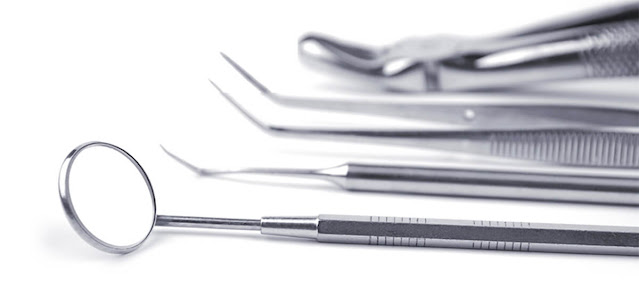AISI 304 (1.4301)
AISI 304 is a widely used chromium-nickel austenitic stainless steel. It has excellent deep drawing properties and excellent formability, as well as high corrosion resistance. Typical uses for 304 stainless steel include sinks, kitchen equipment such as cooking utensils, pipes, etc. Grade 304 is also sometimes referred to as 18/8, a nickname that derives from its typical composition of 18% chromium and 8% nickel, Other alloying elements include nickel, manganese, silicon, nitrogen, carbon, phosphorus, and sulfur.
AISI 304(1.4301) contains 17.5-19.5% chromium, 8-10.5% nickel, 2% manganese, 1% silicon, 0.11% nitrogen, 0.07%carbon, 0.05% phosphorus and 0.03% sulfur.
Chemical Composition of Steel AISI 304 Stainless Steel
AISI 304 is highly resistant to corrosion by most oxidizing acids. However, corrosion can occur in environments containing chlorides. 304 stainless steel is not corrosion resistant like 316 stainless steel.
AISI 304 has good machinability, however, its low thermal conductivity means that coolants and lubricants must be used freely, especially on cutting edges.
AISI 304 and 316 have similar values for hardness, elastic modulus and tensile strength. However, AISI 316 has a slightly higher yield strength of 200 MPa (vs 190 MPa for 304), while AISI 304 has a slightly higher melting point (1450°C vs 1400°C for 316). AISI 304 has less corrosion resistance than AISI 316.
As an austenitic stainless steel, AISI 304 is theoretically non-magnetic. It is actually only slightly magnetic. Its nickel content is what helps reduce its reactivity to external magnetic fields.
AISI 304 is an austenitic stainless steel grade that belongs to the 300 series.
What does AISI stand for in stainless steel?
AISI stands for American Iron and Steel Institute, which developed a standardized numbering system for stainless steel together with SAE International (a standards organization).
Is SS 304 the same as AISI 304?
AISI 304, SS 304, SAE 304, and SUS 304 are all different representations of the same material, depending on where it is referenced. SS stands for "stainless steel", SUS stands for "steel use stainless" (Japanese standard), and AISI/SAE refer to the standard organizations that developed the numbering system.




0 Comments